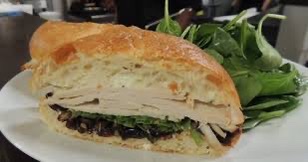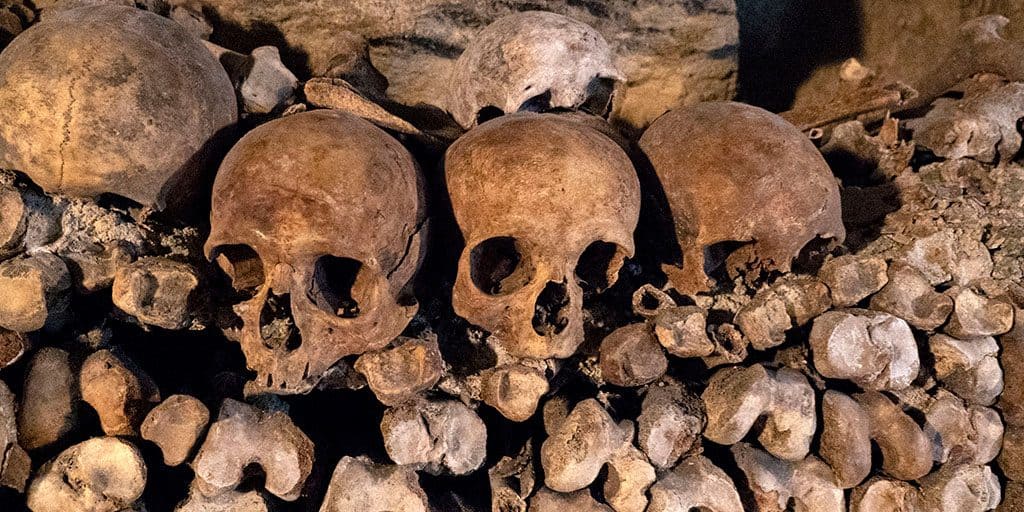Kim Bailey had no tomorrows. Only days after. Days after her son’s death. Seventeen years of days after.
What I’m Writing This Week
More musings on life and loss. Please enjoy the story.
The Day After
Bob Gillen
Kim Bailey sat in her Toyota sedan, the engine idling, parked off the two-lane canyon road. A stiff ocean breeze off the coast pushed fog through Malibu Canyon. She shivered watching the fog churn through the night air, the fog creating an almost hallucinogenic black and white vista.
Her mind drifted back to the days when her two kids were little, lying in the grass looking for shapes to emerge from the moving clouds.
Not the same with fog, she thought. Nothing looks familiar when you’re in the middle of it.
Headlights pierced the fog, coming off the road towards her.
Damn.
The car stopped. A black and white. The headlights remained on. The driver got out. A sheriff’s deputy.
Shit. Shit.
The deputy approached Kim’s car by the passenger side. Kim rolled down the window.
“Ma’am?” The female deputy said.
“Yes?”
“Are you all right?”
“Stopping to rest for a minute, officer. Hard to see in the fog. I was on my way to the beach.”
The deputy shined a flashlight into the car. The light reflected off the sequins on Kim’s evening purse, off her long silver dress. The deputy spotted a wilting corsage on Kim’s wrist.
The flashlight moved to Kim’s face.
Kim held up her hand to block the light.
“Can I see your license and registration, please?”
The deputy took the papers. “Mrs. Bailey? Randall Bailey’s mom?”
Kim peered at the deputy.
“You won’t remember me. I was in Randall’s class.”
Kim shook her head.
“Erin Alcala, Mrs. Bailey. It’s been a long time.”
“Yes, it has. I’m sorry, Erin… I don’t remember you.”
The deputy saw a tear slide down Kim’s cheek. “Are you all right?”
Kim shook her head slowly. “No, I’m not. I haven’t been all right for the last seventeen years.”
Erin handed Kim her papers, went back to her cruiser, turned off the headlights. She returned to the Toyota. Kim gestured to the passenger seat. “Want to get out of the chill for a minute?”
The deputy shook her head. “I’m on duty. Can’t do that.”
Kim nodded. She stepped out into the night. Her silver profile almost disappeared in the fog.
“You’re not dressed for this,” the deputy said.
Without speaking, Kim popped the Toyota’s trunk. She pulled on a faded Old Navy hoodie. She slipped off her heels and tossed them in the trunk, tugged on a pair of black Cons.
“Better, yes?”
“Better.”
Randall was my first crush.
Fog and night surrounded them.
“Randall was my first crush,” Erin said.
“Really?”
“I never told him. Well, I told him at the service. He couldn’t hear me.”
“Maybe he did.”
“Yeah. Maybe.”
Kim stared into the fog.
“I’m kinda curious, Mrs. Bailey. Why are you parked here at two in the morning, wearing an evening gown?”
Kim sighed. “My daughter Christine got married today.”
“Congratulations.”
“Don’t congratulate me. My husband is at home right now…packing his things. He’s leaving me. He held on till Christine’s wedding. Waited till he knew she was safely in someone else’s hands.”
“I’m sorry.”
“Save your sorries. His heart left years ago.”
Kim pulled a package of tissues from the hoodie pocket.
“After the accident my husband freaked every time I drove Christine to school or to a sports event. If he couldn’t drive her himself, he made me call him and stay on speaker phone the whole drive. He did that till she got her own license.”
The deputy’s radio squawked. She spoke into it. “I’m taking my break now.”
She turned from her radio. “Okay, sorry for the interruption.”
Kim wiped her eyes. The corsage brushed her face. She yanked it off her wrist, tossed it into the darkness.
“See this scar?” She held her wrist up close to Erin’s face. “That’s what I came away from the accident with. A one-inch scar. Just big enough to remind me every day of what I did.”
Kim closed her eyes. A thin smile cracked her face. “All Randall cared about was baseball. He was the captain of his team…The night he died, he was so excited. They had won the regional championship.”
Kim shivered, pulled the hood up over her head. “We stopped for a quick fast food meal, then hit the road. We had a fifty mile drive home. It was late, after a long day sitting out on a hot ball field…I should have had coffee.”
She turned to look at Erin. “I was worried I’d have to pee on the drive home. Stupid, right? I skipped the coffee.”
Kim choked back a sob.
Clad in all her cop gear, the best Erin could do was put her hand on Kim’s shoulder.
“I fell asleep at the wheel…”
“I remember hearing that.”
“Of course. Everyone knew it. Everyone knew it was my fault.”
“It was an accident, Mrs. Bailey.”
“The EMTs said Randall struck his head. He had looked okay to me. I couldn’t believe it. He was gone. Not me. Randall died. It wasn’t fair.”
Erin shifted her feet.
“I should have gone with him. Then I wouldn’t have had to live with this grief. With an enormous hole in my heart. I brought grief down on our whole family.” She looked over at Erin. “Hell, I brought grief down on you, too. You never had a chance to tell Randall you liked him. I’ve had to live with this horror for seventeen years. Why? What was the point?”
Kim began pacing back and forth in the churning fog.
“We kept Randall’s desk empty for the rest of the school year, after the accident. The class took turns bringing a flower in every day to place on the desk. We hung his picture up too, but in the back where we didn’t have to see it all day.”
Kim felt the tears run.
“We would start crying,” the deputy continued. “We would just start and go for a while. The teacher let us. She cried too. Somebody came in to talk to us, but I don’t remember what he said.”
It’s always the day after for me.
Kim nodded. “I watched my daughter marry the love of her life today…No, not today. Yesterday. It’s already the day after.”
Kim twirled her arms through the fog. “It’s always the day after for me. I haven’t had a tomorrow in seventeen years.”
Kim wrapped her arms around her body. She fell to her knees.
Erin crouched down next to Kim. “Your daughter has a whole lot of tomorrows to look forward to. Hell, even your husband thinks he has a bright tomorrow, right?”
“I guess so.”
“Why deny yourself a tomorrow?”
“I don’t deserve one.”
“I can’t say if you deserve it or not. I can say, one comes along every day. One with your name on it.”
Kim stood. She reached to hug Erin. Realized the cop gear wouldn’t let her near Erin. She put her hands to Erin’s face. “Look at us. Two women in the night, fog swirling around us. One in full cop gear, the other in a ragged hoodie and an evening dress.”
Kim laughed, lifted her arms to the night sky. Twirled around, slicing the churning fog.
She shouted. “I want it to be tomorrow.”
Erin’s radio squawked again. “They’re looking for me.”
“Go ahead.”
“Do you want to follow me to the Valley? Let’s get out of this fucking fog.”
“Why not?,” Kim replied. “Maybe today can be my first tomorrow.”
***




Recent Comments